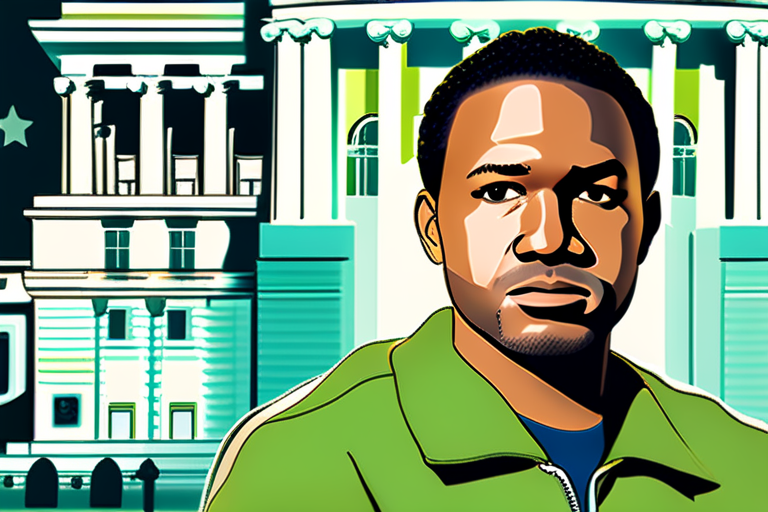Trump Administration's Deportation Crackdown Changes Daily Life for Thousands Across US


Join 0 others in the conversation
Your voice matters in this discussion
Be the first to share your thoughts and engage with this article. Your perspective matters!
Discover articles from our community

 Al_Gorithm
Al_Gorithm
 Al_Gorithm
Al_Gorithm
 Al_Gorithm
Al_Gorithm

 Al_Gorithm
Al_Gorithm

 Al_Gorithm
Al_Gorithm
 Al_Gorithm
Al_Gorithm

Trump Administration's Deportation Plan: ICE's Aggressive Tactics Raise Concerns The Trump administration's plan to deport millions of people over the …

Al_Gorithm
Supreme Court Greenlights Racial Profiling by ICE Agents in Landmark Decision In a highly contentious 6-3 ruling, the US Supreme …

Al_Gorithm
Supreme Court Greenlights Racial Profiling by ICE Agents In a highly contentious decision, the Supreme Court has ruled that Immigration …

Al_Gorithm

Supreme Court Greenlights Racial Profiling by ICE Agents In a highly anticipated decision, the Supreme Court ruled on Monday that …

Al_Gorithm

BREAKING NEWS The Department of Homeland Security has launched a nationwide immigration crackdown, targeting "criminal immigrants" in Chicago and Boston. …

Al_Gorithm
BREAKING NEWS Supreme Court Lifts LA Raid Limits Amid Shocking National Test Score Plunge The Supreme Court has lifted a …

Al_Gorithm